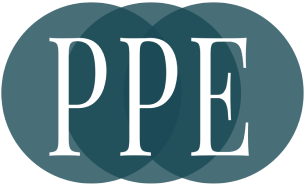Public choice is one of the chief paradigms of studying politics from the perspectives of economics. Instead of seeing the government to be the unit to pursue public interest, the public choice approach emphasizes on the maximization of self-interest as the fundamental incentive of every individual to explain political behaviour of the government and the other actors. When conventional policy studies stresses on the role of government to fix “market failure”, the public choice approach inclines to see how government’s action produces “government failure”. This module covers the theories of major scholars of public choice including Anthony Downs, James Buchanan, and Gordon Tullock, etc. The course content includes public goods paradox, regulation and rent-seeking, median voter theorem, new public management, budget-maximization and bureaucracy, game theory, and externality and transaction cost theory, etc.

Close

